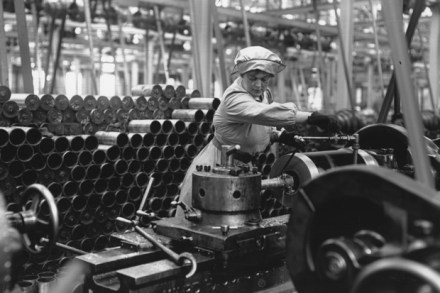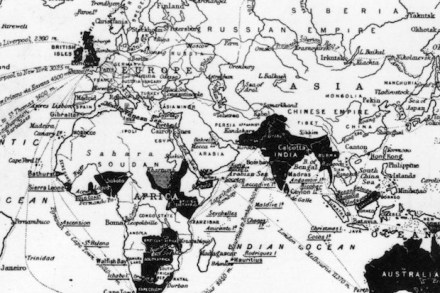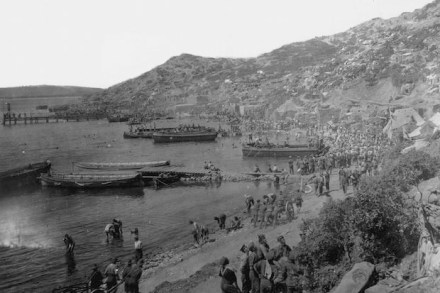The Spectator at war: Men and munitions
From ‘National Concentration’, The Spectator, 8 May 1915: The two great needs of the hour are more men and more munitions of war. We have got so to organize our forces that while more men are spared for the fighting line, there shall also be more men engaged, and efficiently engaged, in the manufacture of

















